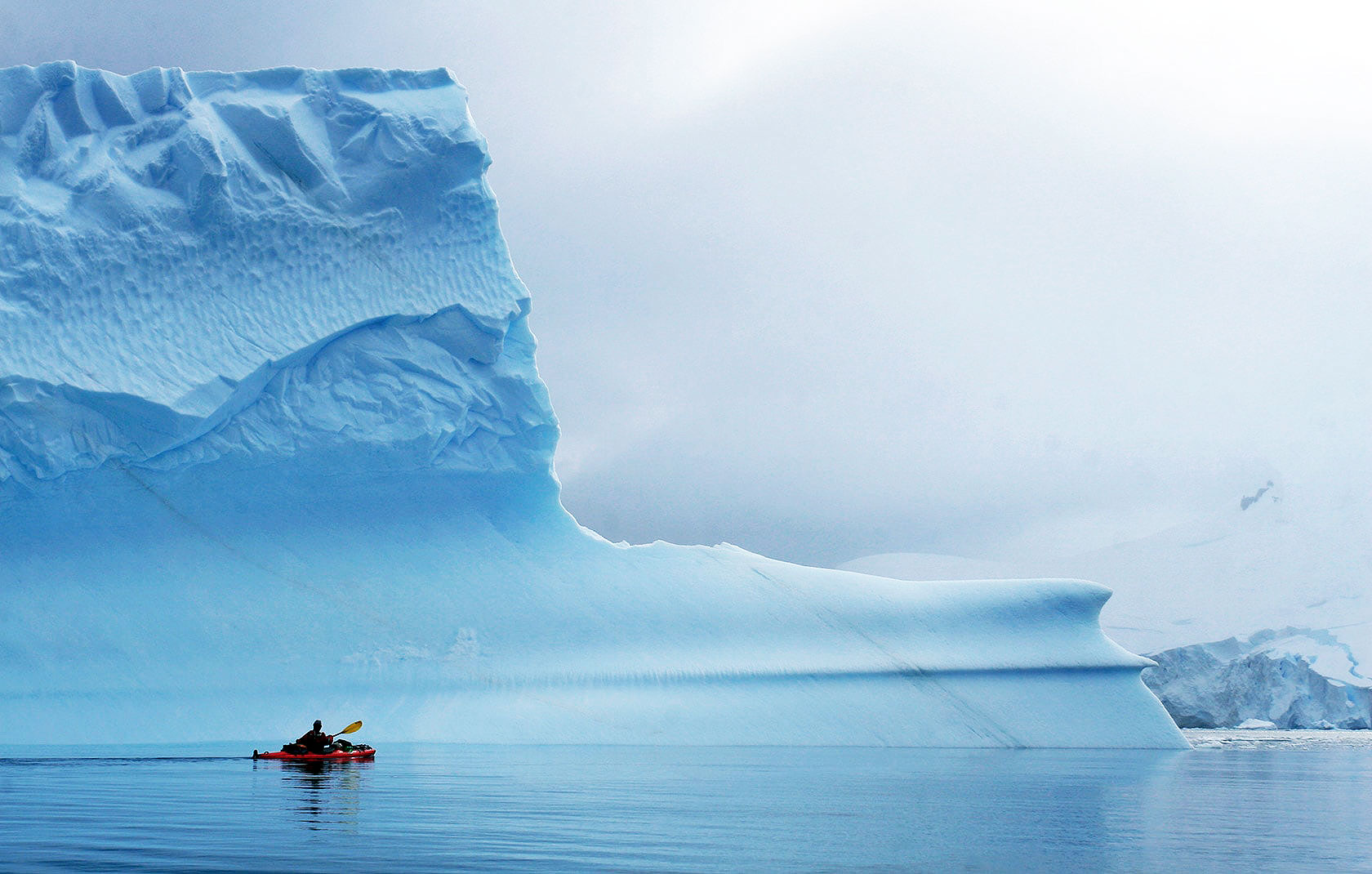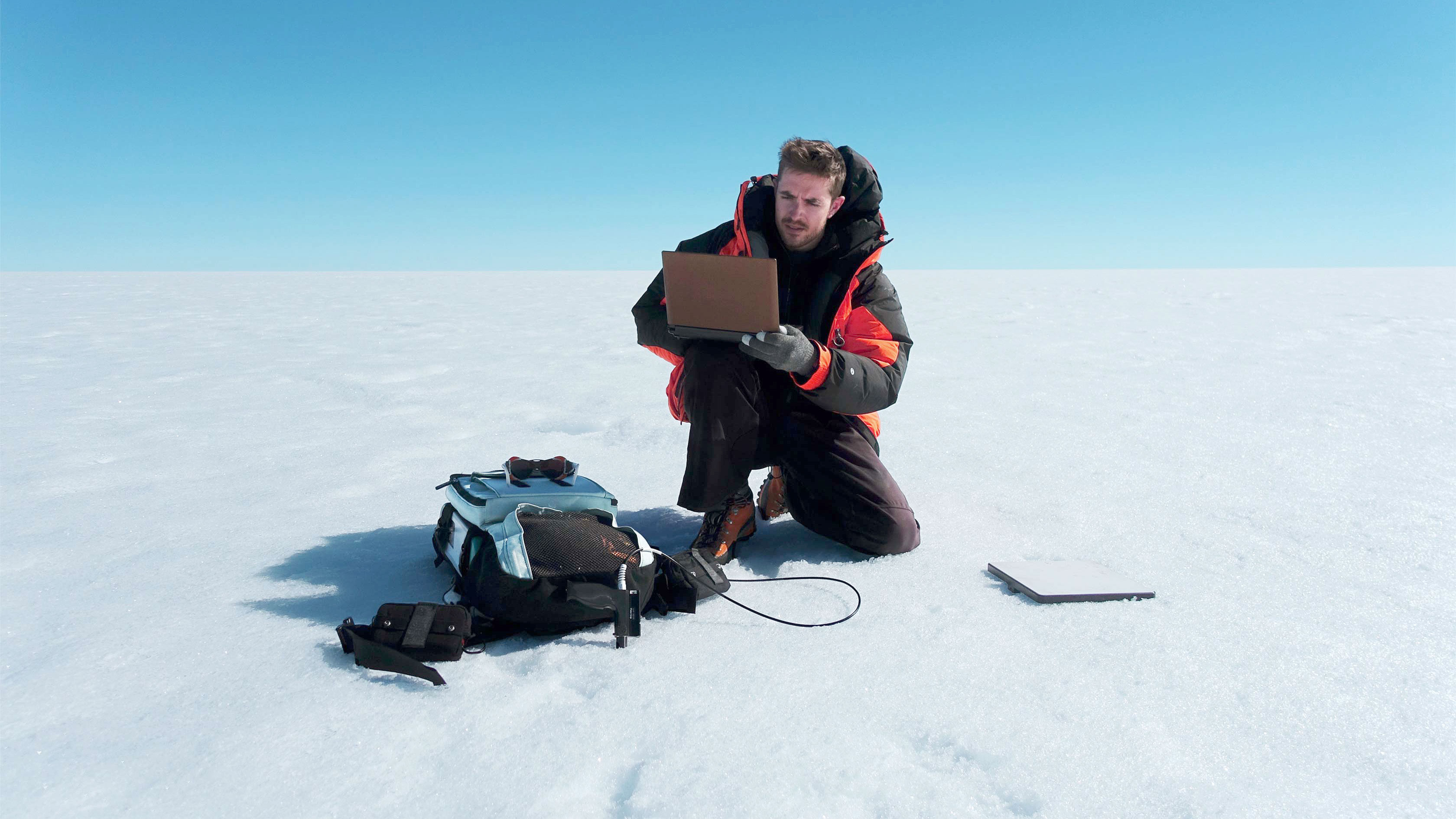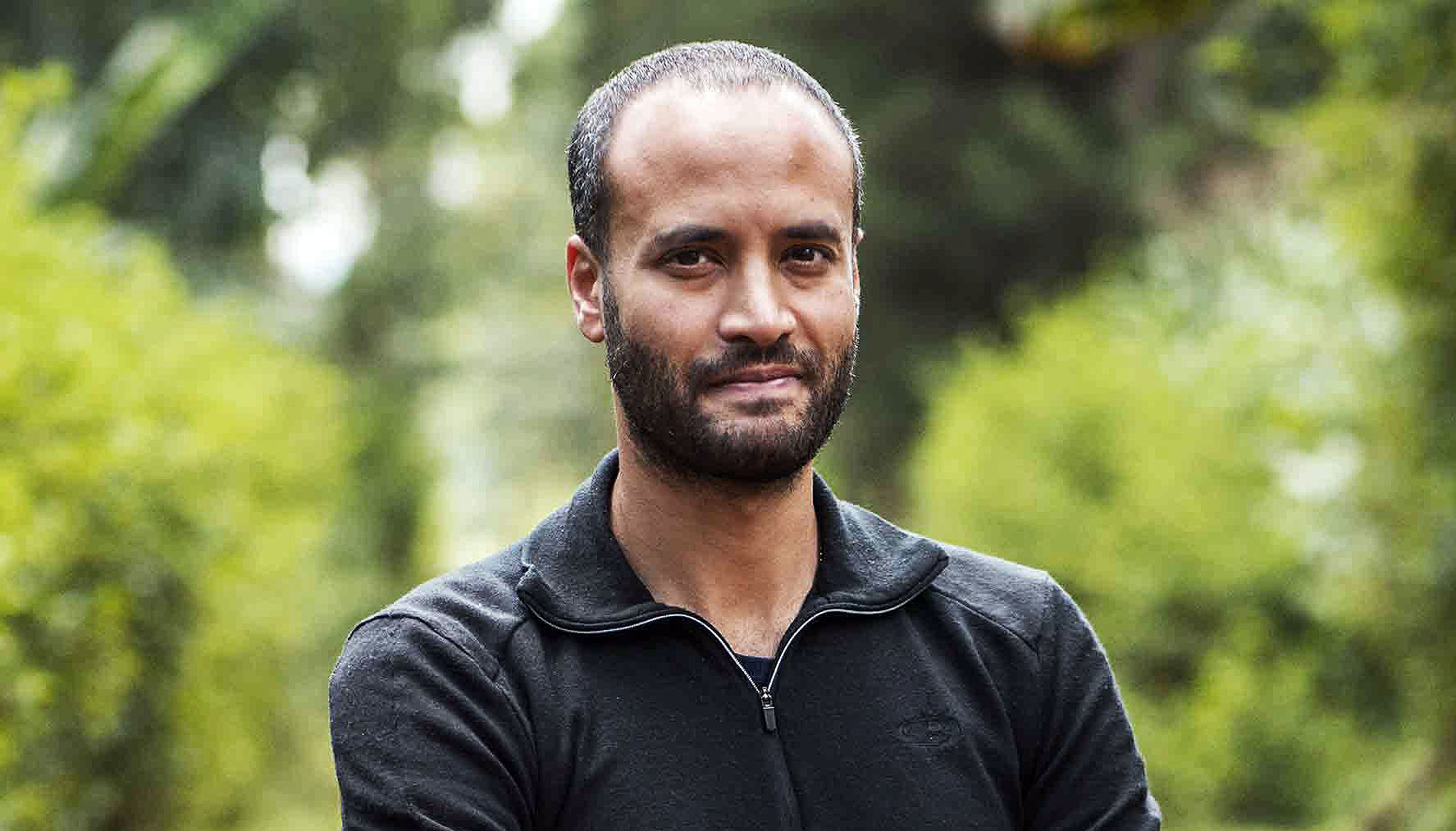The Laureates: 2016 Rolex Award Winners
The 2016 victors travelled far and wide, from Greenland's ice sheet to the Sahara

The core ambition of the Rolex Awards for Enterprise is to identify and support pioneering men and women who have the quality and determination to improve lives, broaden our understanding of the world and protect the planet's heritage.
The scope of the projects undertaken by the 2016 Laureates is testament to that ambition. They range across the globe, from the remote fjords of Patagonia to villages in sub-Saharan Africa, and across scientific disciplines, from a microbiological study of organisms in the Arctic to the use of robotics in helping stroke victims.
The experiences of the 2016 Laureates Joseph Cook, Andrew Bastawrous and Sarah Toumi give some idea of the diversity of undertakings supported by the Rolex Awards. But they also point to some of the vital but less obvious benefits which the scheme can bring. All three Laureates speak of how the awards have brought more than just money - they open new doors, introduce new networks, and foster the sort of self-belief needed to take on yet more challenges. These are their accounts of what it means to be a Rolex Laureate.
The Week
Escape your echo chamber. Get the facts behind the news, plus analysis from multiple perspectives.

Sign up for The Week's Free Newsletters
From our morning news briefing to a weekly Good News Newsletter, get the best of The Week delivered directly to your inbox.
From our morning news briefing to a weekly Good News Newsletter, get the best of The Week delivered directly to your inbox.

Joseph Cook
The top few metres of Greenland's ice sheet are the focus of microbiologist Joseph Cook's project. His Rolex Award has allowed him and his "Ice Alive" mission to advance their explorations into how ice microbes actually survive in such a hostile environment. In the process, Joseph's team hopes to shed light on how this remote ecosystem can drive changes in our climate and on its potential value to humanity.
It was the experience of working as a student in Sheffield under another Rolex Laureate that guided Joseph along his career path. "I clearly remember becoming aware of the Rolex Awards for Enterprise in 2008 when Andrew McGonicle received his award for developing new airborne sensors for monitoring volcanic eruptions," he says. "At the time, actually receiving an award of my own had not even entered my mind as a possibility, but I found the whole thing extremely inspirational, and it played a pivotal role in my decision to forge a career in earth and planetary science research." Eight years later, Joseph successfully applied to become one of the five Young Laureates for 2016.
Joseph says the benefits of the award have been profound. Over and above the financial support, his association with Rolex and exposure to the Laureate community have put him in touch with "inspirational people who have changed the way I think about my work and my life and given me the self-confidence to take on big, important challenges".
In their commitment to practical schemes that improve life on the planet, the Rolex Awards have also allowed Joseph to engage with people beyond the confines of academia - and to communicate the global significance of the effects of climate change on the Arctic's fragile ecosystem.

Andrew Bastawrous
The word "inspirational" crops up several times in Andrew Bastawrous's account of his experiences as a Rolex Laureate. An ophthalmologist who worked for the NHS until 2011, Andrew has been based in Kenya for the past six years, where he has developed an inexpensive, smartphone-based system to test for poor eyesight in an area of the world where trained eye specialists are in short supply.
Andrew heard of the Rolex Awards when he was invited to the Young Laureates ceremony in London in 2014. He went onto a mailing list and applied when the next round was advertised. Becoming a laureate himself in 2016 has allowed him and his team to consider rolling out their Peek ("Portable Eye Examination Kit") system at scale across parts of sub-Saharan Africa.
The award has connected him to a family of dedicated and inspiring people all over the world. "It is really special to be able to share the journey with similarly minded people," he says, "as well as learn so much from the experiences others have had and are having." He believes being a Laureate has also given him a greater sense of responsibility "to deliver on the promise and hope of change" for many people in low-income countries.
It was the 2016 award ceremony itself that brought home to Andrew the importance of the Rolex mission and the commitment of those connected with the programme. "Many people at the award ceremony left feeling a sense of hope in humanity," he recalls. "Being so fortunate to share the stage with so many inspirational people (as well as so many more former laureates who were part of the audience) was a real example of why we should have hope. Rolex have brought a spark of light and hope to many."
Sarah Toumi
Climate change, modern agricultural methods and natural soil erosion mean the Sahara desert is expanding inexorably across parts of North Africa. On a visit from France to her father's homeland, Tunisia, Sarah Toumi realised that farming practices had to change. "I wanted to stop the desert in its tracks," she recalls.
So in 2012 Sarah founded Acacias for All to spread the adoption of these tough but valuable trees as a barrier against the encroaching desert, as well as encouraging Tunisian farmers to abandon traditional crops like olives and almonds in favour of others better suited to the changed environment.
Her work had already been recognised by Ashoka, the US social entrepreneur network, when she applied for and won a 2016 Rolex Award for Enterprise. She told Le Monde that she planned to use the funds from the award to buy moringa grains (moringa is a fast-growing, drought-resistant tree), set up a training centre for farmers, and equip an area of land for the testing of irrigation systems.
Sarah believes that being a Rolex Laureate has also given her credibility, so that people now believe in the potential of her project. "Rolex philanthropy offers more than money," she says. "Tthey offer trust to people like me, fighting to make the impossible possible for a better world. They open their network to us and strongly believe and support us."
And like fellow laureates Joseph Cook and Andrew Bastawrous, Sarah Toumi is aware of the global reach and impact of the Rolex programme. "This award is important because it offers the opportunity for pioneers around the world to get lifelong support for their ideas, to be promoted within their community and across the world, in order to change the status quo."
A free daily email with the biggest news stories of the day – and the best features from TheWeek.com
-
 The EU’s war on fast fashion
The EU’s war on fast fashionIn the Spotlight Bloc launches investigation into Shein over sale of weapons and ‘childlike’ sex dolls, alongside efforts to tax e-commerce giants and combat textile waste
-
 How to Get to Heaven from Belfast: a ‘highly entertaining ride’
How to Get to Heaven from Belfast: a ‘highly entertaining ride’The Week Recommends Mystery-comedy from the creator of Derry Girls should be ‘your new binge-watch’
-
 The 8 best TV shows of the 1960s
The 8 best TV shows of the 1960sThe standout shows of this decade take viewers from outer space to the Wild West